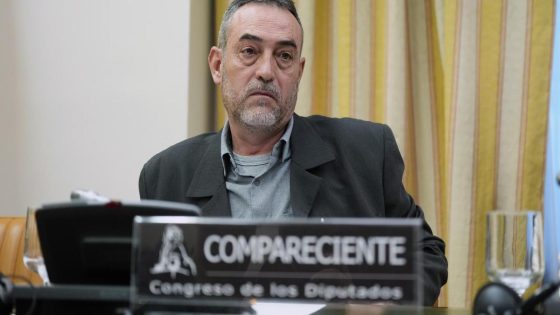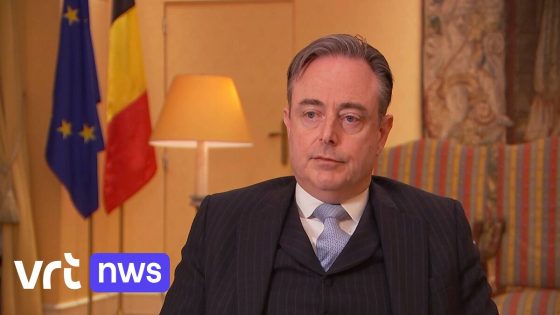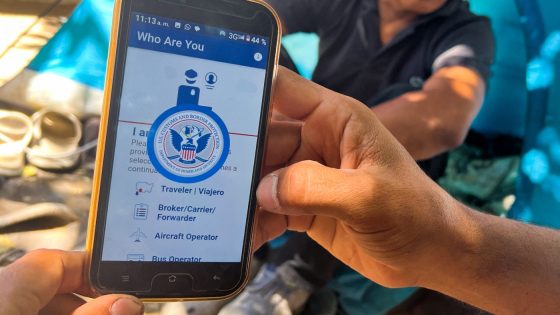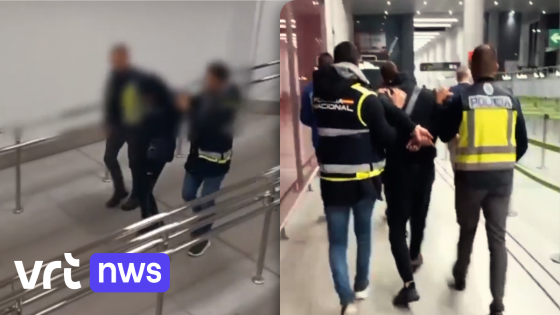On February 25, 2025, Francisco Javier Martínez, the father of Xavi Martínez Mompart, who was tragically killed in the 2017 Rambla attack, testified before a congressional investigation into the incident. His emotional account highlighted the ongoing struggles faced by victims and their families, raising critical questions about the support systems in place for those affected by terrorism.
- Victim's family feels neglected by authorities.
- Need for empathetic support for victims.
- Call for declassification of investigation documents.
- Criticism of psychological support duration limits.
- Perceived inequality among victims' treatment.
- Request for improved coordination among agencies.
Victims of Terrorism: What Can We Learn from Spain’s Experience?
How can we ensure that victims of terrorism receive the support they need? Martínez’s testimony serves as a wake-up call for both Spain and the international community. His call for empathy and better communication from authorities resonates deeply, especially in today’s world where terrorism remains a pressing issue.
Key Issues Raised by Martínez Regarding Victim Support
Martínez’s testimony shed light on several key issues that need addressing to improve victim support in Spain and beyond:
- Inadequate communication from the Ministry of the Interior regarding victim rights.
- Lack of proactive outreach to identify and assist victims.
- Short-term psychological support that ends after one year.
- Need for a dedicated team to provide ongoing empathetic support.
Improving Communication and Support for Victims
Martínez emphasized the need for better communication from authorities. He shared his experience of not knowing how to navigate the legal system after losing his son. This lack of information can leave victims feeling abandoned and confused. Establishing clear lines of communication and support can help victims feel more empowered and informed.
The Importance of Long-Term Psychological Support
Another critical point raised by Martínez was the limited duration of psychological support offered to victims. He argued that healing from such trauma takes much longer than a year. Continuous support is vital for helping victims and their families cope with their loss and rebuild their lives.
Calls for Transparency and Accountability
Martínez also urged for the declassification of documents related to the attacks, emphasizing the need for transparency. Understanding what went wrong can help prevent future tragedies. His plea for accountability resonates with victims worldwide, as many seek justice and answers in the aftermath of such events.
In conclusion, the testimony of Francisco Javier Martínez highlights the urgent need for improved support systems for victims of terrorism. By learning from these experiences, we can work towards creating a more empathetic and effective approach to victim assistance, not just in Spain, but globally.

































